Students transition to online learning
A screenshot of Mizuki Kai’s AP Calculus BC online class.
Two days before spring break on March 12, 2020, junior Sean Pappolla learned from his parents that his trip to Boston was cancelled. As he studied for his IB Math SL test in the library, he found a coronavirus tracker online on his laptop and saw that the red dot over Harris County was growing.
There were nervous talks in the classrooms about the virus. But no one knew that this was going to possibly be the last day of school.
“I looked up the tracker to see if the predictions I’ve heard were true,” Pappolla said. “But I don’t think anyone expected what was coming.”
As they filtered out of the building and returned home, students found out that what they saw on the news had also become their reality. HISD tweeted on the afternoon of March 12: “HISD will close all schools and district offices beginning Friday, March 13 until Monday, March 30, 2020. Classes will resume on Tuesday, March 31.” All Spring Break camps and UIL events were also cancelled.
Then four days later on March 16, HISD extended the district-wide closure to April 10. Governor Greg Abbott later announced on March 30 that all Texas schools were to be shut down until May 4. Suddenly, the extra day off became an extra six weeks, and both students and teachers were thrusted into a new lifestyle under quarantine.
HISD’s earliest decision came from an ongoing COVID-19 pandemic and the possible virus exposure to district students at two Houston Community College campuses, according to the Texas Tribune.
At first, many students rejoiced about the initial decision to add an extra day of spring break. Sophomore Ricky Kai was starting on his world history homework when he first saw HISD’s tweet.
“I was feeling a little overwhelmed that week because we had a lot of work,” Kai said. “I was happy that I could finally put my brain into break mode.”
While Kai initially found relief, juniors felt a mix of emotions about the situation. Second semester of junior year means getting ready for college applications, with SAT and ACT testing and multiple AP exams. Junior Bryson On planned to take the SAT that Saturday.
“Originally when school was first cancelled, I was really relieved,” On said. “Because that meant I didn’t have to take my physics test the next day that I didn’t feel prepared for or the SAT which I was a bit nervous about.”
In response to the nationwide shutdown of schools, the College Board modified AP tests to be 45-minute, online exams. SAT and ACT testing were cancelled until at least June. Colleges including the University of California, Boston University, Trinity University and Tulane University have all made SAT and ACT scores optional in their applications for the class of 2021. All competitions, summer camps, sports seasons, and other extracurricular activities have been cancelled or postponed.
“I don’t think I like the new AP tests because it will be harder for the College Board to distinguish the students who actually know the information. It will be easy to use outside information and get help, and one could easily make a simple mistake that could cost them a lot,” On said. “I’m more worried about college admissions because I haven’t taken the SAT yet, which will make it harder for me to show my academic ability. But, I am glad that some colleges aren’t requiring scores anymore.”
Bellaire students, along with the rest of the world, have not returned to their previous life outside their homes. Yet, despite the closing of all schools and nonessential businesses, students and teachers regained a piece of normalcy through online school that started March 31, following an unexpected, 2-week-long spring break.
For senior Jack Pittman, virtual learning takes away what he considers the best part about attending school.
“I really miss most of my friends and the interactions with teachers and friends as well as getting to eat lunch with a big group,” Pittman said. “I think online learning will give me the chance to learn at my own speed and on my own time which I think will be a useful skill to have in the future. However, I still would prefer going to school.”
The first day of online school required adjusting for students. Not having left his house for three weeks, junior William Fan missed socializing with classmates.
“I feel like I’m the type of person that is more of a “hands-on” learner, and I enjoy classroom interactions with both teachers and students, so I think online schooling definitely takes away from that. But, I still feel like online learning has its benefits and over time most people will learn to get used to it,” Fan said. “The block schedule reminds me much of what middle school was like, where we had certain classes on certain days. This definitely takes away a lot of the stress most of the students are used to at Bellaire, which is having all classes everyday.”
Stuck within the walls of their homes, students are finding alternative ways to spend their time while “social distancing.” Junior Allan Perez is trying to balance productivity and relaxation.
“After I binge-watched ‘Attack on Titan’, a show I’ve been wanting to see, I became productive and started to do small amounts of homework because of the amount we had,” Perez said. “I’ve tried to learn how to cook and tried to go outside a bit more. But most of my time has been occupied by my phone and playing Apex Legends and Spider-Man PS4.”
Junior Andrew Sun woke up on the first day of online school at 8:45 a.m., 15 minutes before his calculus class. He lay in bed on his Mac, and attended class in his comfortable pajamas.
“The first day of online school was awful,” Sun said. “For some reason, attending four calls a day is more tiring than actually going to all eight at school, but at least it ended at 12:30 p.m. for me.”
The switch to digitized classrooms requires the flexibility of not only students, but also teachers and administrators. Dean of Instruction Debbie Campbell saw the entire community unite together to provide students the resources they needed.
“Teachers have worked incredibly hard to learn and transition to distance learning in a very short period of time,” Campbell said. “And students have done a great job of being patient and helping us figure out where we need to get stronger and communicate clearer. I expect that as a school community we will continue to all work to make the best of the distance learning situation and support one another. I think we will try some new ways of doing things and ultimately we will be a stronger community once we are all back together.”
Your donation will support the student journalists of Bellaire High School. Your contribution will allow us to purchase equipment and cover our annual website hosting costs.


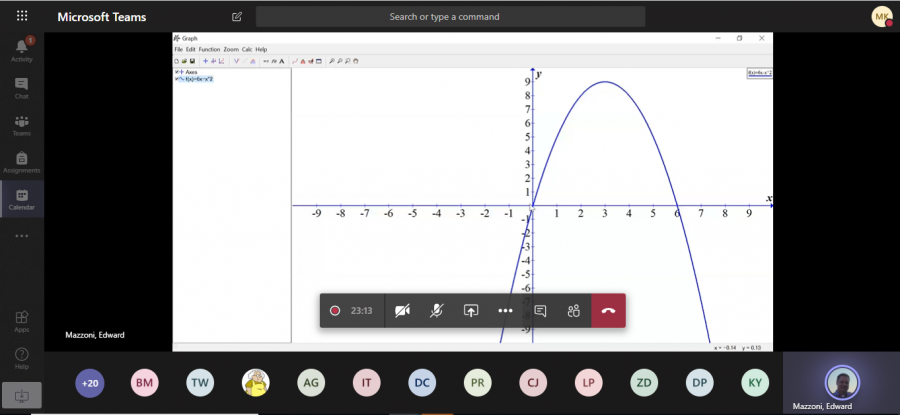
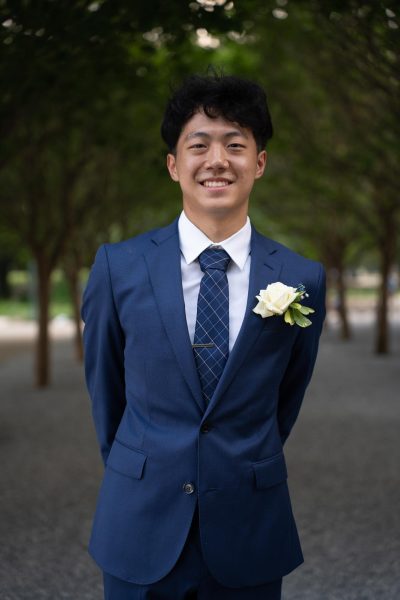
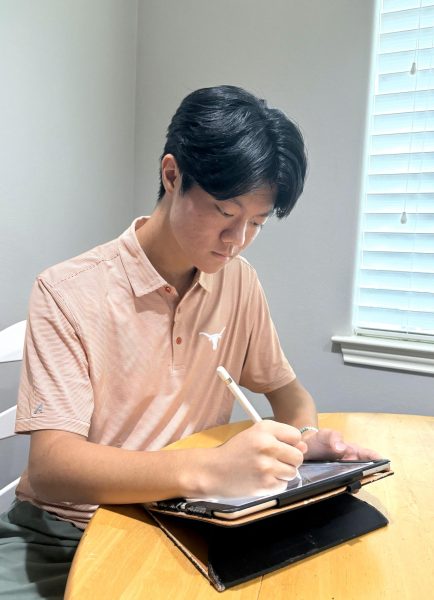
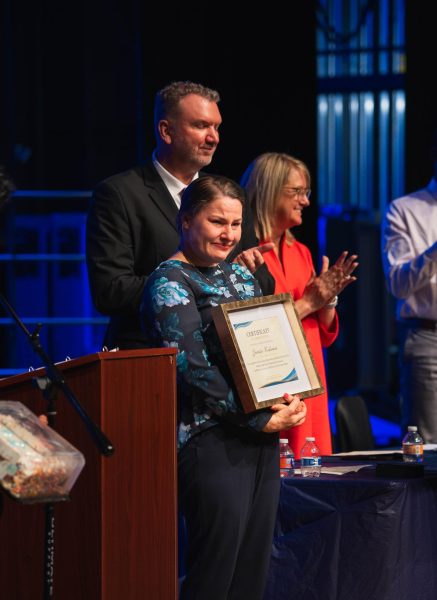
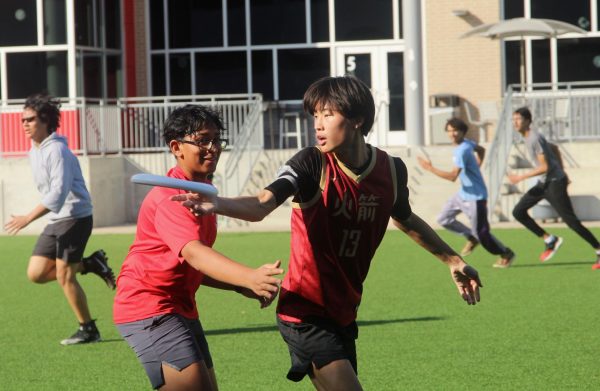

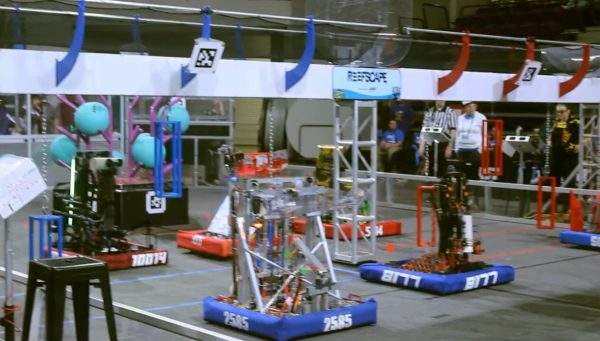
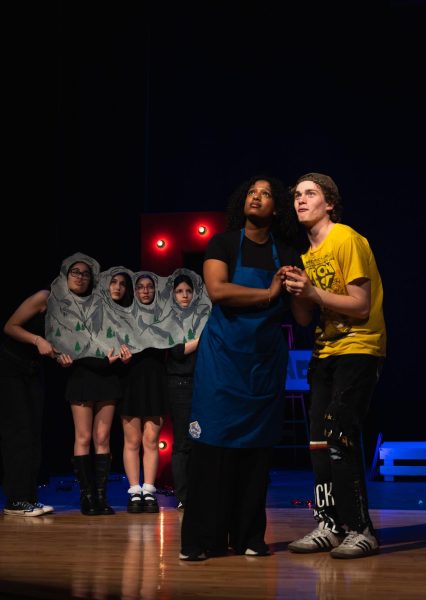
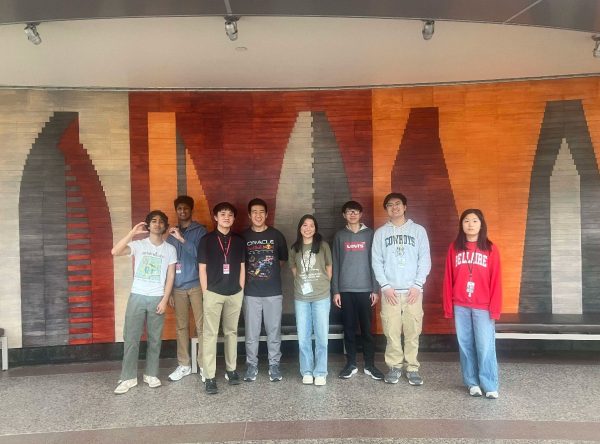

isabel • Apr 14, 2020 at 12:58 pm
great story Mizuki 🙂 really liked how you opened it as well as the contents of the story itself 🙂